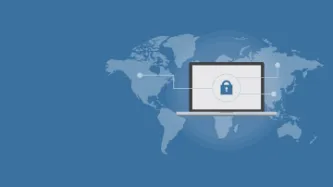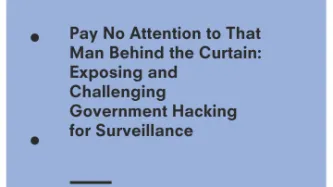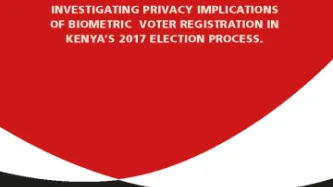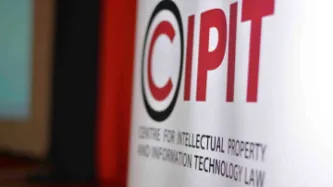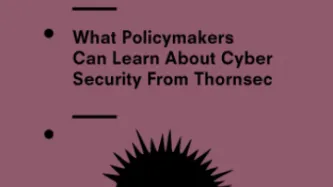Search
Content type: Case Study
Photo by Roger H. Goun
Chloe is an investigative journalist working for an international broadcast service; we will call the TV show she works for The Inquirer. She travels around the world to work with local journalists on uncovering stories that make the headlines: from human trafficking to drug cartels and government corruption. While her documentaries are watched by many and inspire change in the countries she works in, you would not know who Chloe is if we were to tell you her real name.…
Content type: News & Analysis
As the international cyber security debate searches for new direction, little attention is paid to what is going on in Africa. Stepping over the remains of the UN Group of Governmental Experts, and passing by the boardrooms of Microsoft struggling to deliver their Digital Geneva Convention, African nations are following their own individual paths.
Unfortunately, these paths increasingly prioritise intrusive state surveillance and criminalisation of legitimate expression online as…
Content type: Advocacy
Privacy and security are both essential to protecting individuals, including their autonomy and dignity. Undermining privacy undermines the security of individuals, their devices and the broader infrastructure. People need privacy to freely secure themselves, their information, and fully enjoy other rights.
A growing number of governments around the world are embracing hacking to facilitate their surveillance activities. When governments hack for surveillance purposes, they seek to…
Content type: Report
The use of biometric technology in political processes, i.e. the use of peoples’ physical and behavioural characteristics to authenticate claimed identity, has swept across the African region, with 75% of African countries adopting one form or other of biometric technology in their electoral processes. Despite high costs, the adoption of biometrics has not restored the public’s trust in the electoral process, as illustrated by post-election violence and legal challenges to the results of…
Content type: News & Analysis
Overview
CIPIT is currently investigating how the privacy of Kenyan citizens was affected by the use of biometric data during the just concluded 2017 general and repeat elections. The IEBC is mandated by law to register voters, verify their registration details and conduct elections. Accordingly, the IEBC is the custodian of the public voter register. There have been reports that individuals received SMS texts from candidates vying for various political seats during the campaign period of the…
Content type: Advocacy
Thornsec is a piece of software developed by Privacy International’s Tech Team which is an automated way to deploy, test, and audit internal and external services for an organisation, saving a lot of time and creating a sustainable security model. We are using this software to run all of Privacy International’s services – website, calendar, project management tools, Tor hidden services, VPNs. The whole system runs on two servers and the whole cost is around US$1000 to set up.
Thornsec is…
Content type: News & Analysis
FREAK, the latest security vulnerability to be exposed that has implications for millions of supposedly secure websites, is just the most recent example of something privacy and security advocates have been saying for some time: when governments meddle with our security technologies, it hurts us all.
When the State advocates for backdoors into our communications, they cannot secure them properly and malicious actors can get in. When our elected officials pontificate about spying on us to…
Content type: News & Analysis
Other human rights organisations often ask us what they should to when it comes to their infosec needs. Should they run their own mail server, or trust Gmail? Should they merge their calendars by email (!), a local server, or use some cloud solution?
We honestly don't know what to tell them. In fact, we are unsure of what we ourselves should be doing. We know that there are risks of keeping things local (e.g. lack of redundancy), and there are risks of data being stored…
Content type: News & Analysis
Privacy International has briefed the UK House of Commons Treasury subcommittee on the risks to UK census data if a company with a US data centre is called on to run the census. Under weak US laws on safeguarding personal information, the UK census data could be abused without any knowledge of the UK government.
We filed a letter with the subcommittee to respond to the government minister's claims to the Commons that the government had no concerns about the US government gaining access to the…

